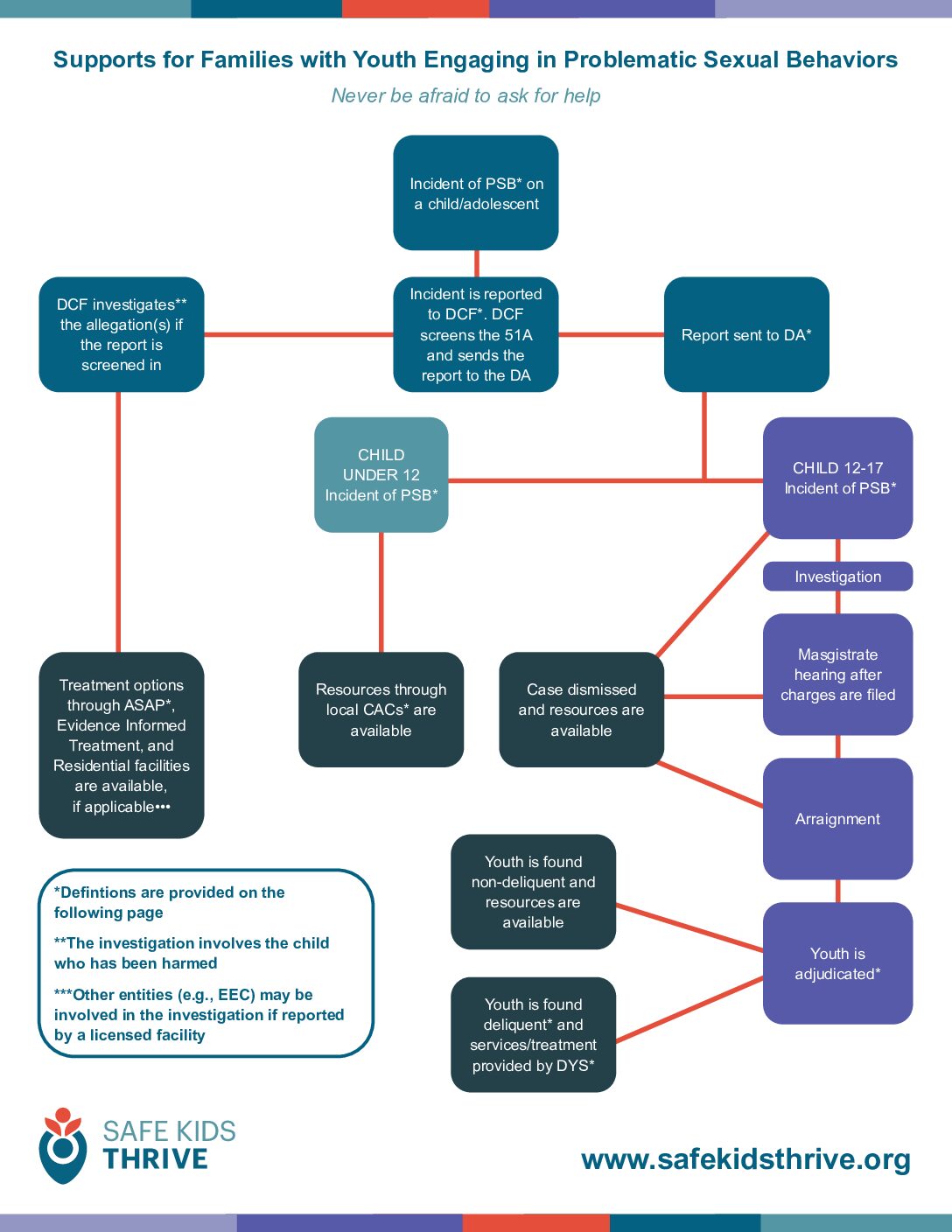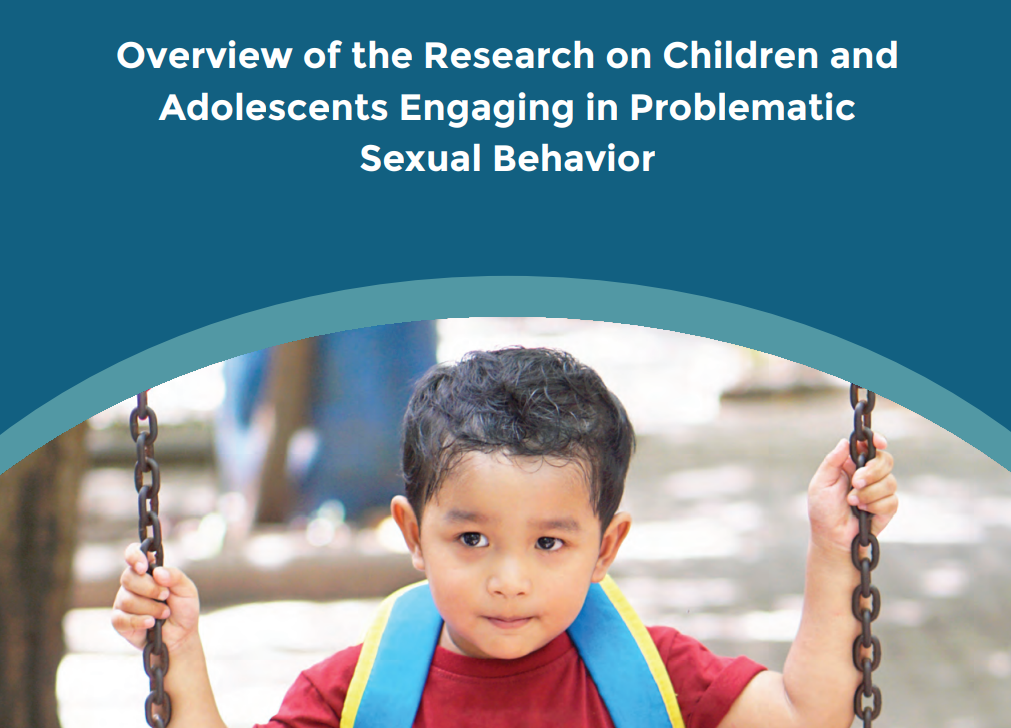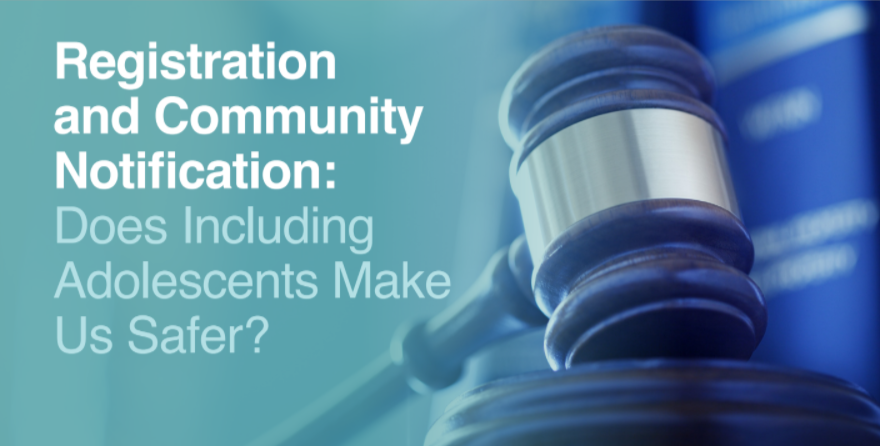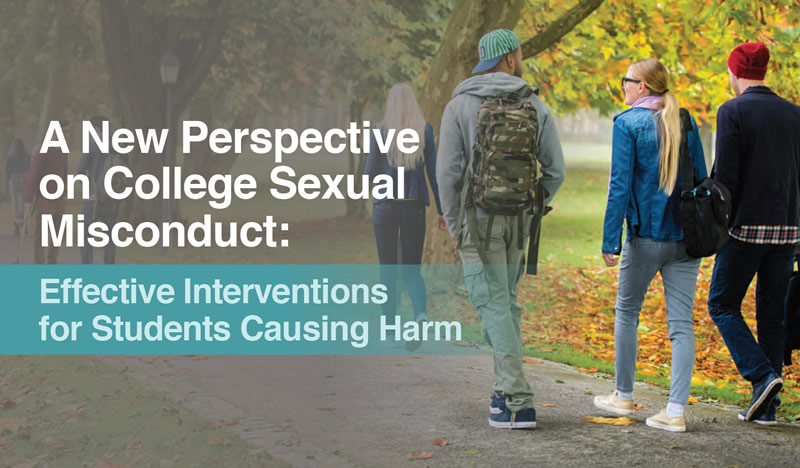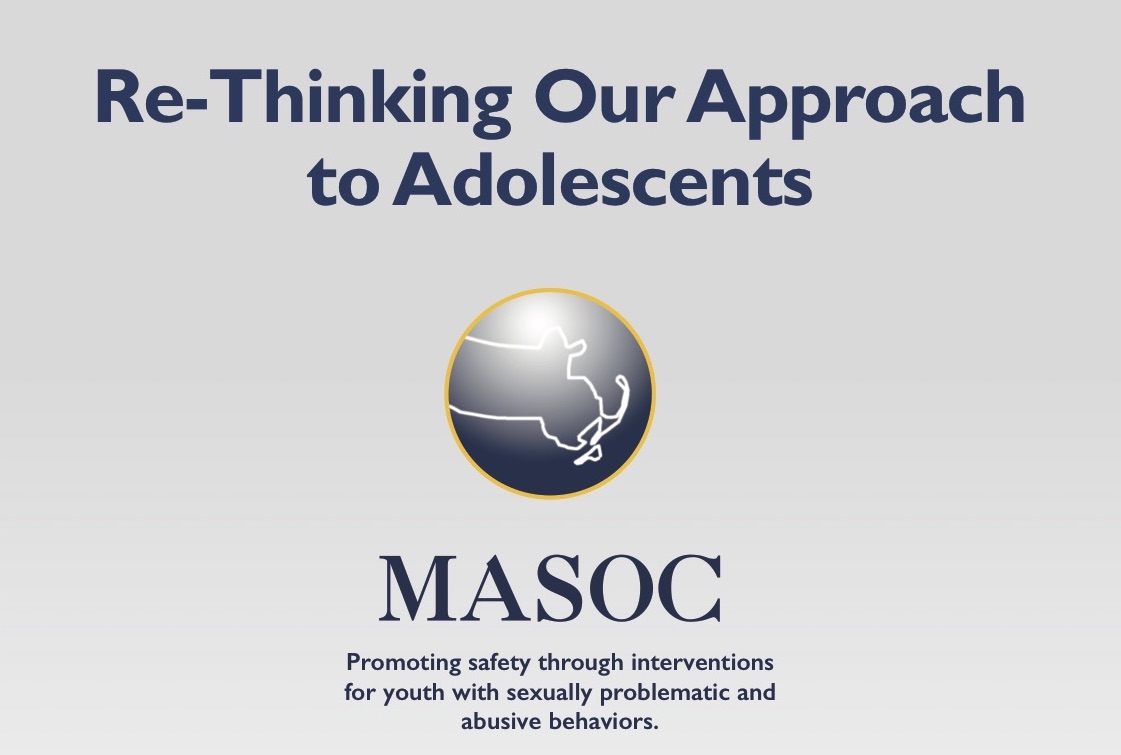Policy
MASOC and MATSA collaborate to inform policymakers on the impact of legislation that impacts youth with problematic sexual behaviors, young people who have sexually harmed, and people who have experienced sexual harm.
Policy Focus Areas
Our current “one-size-fits-all” approach to sex offender policy fails to recognize the fundamental developmental differences between adults and adolescents/children that have guided our criminal justice responses for several decades. It also fails to acknowledge and integrate the volume of scientific research that clearly delineates the neurological, social, and environmental factors that influence adolescent and child behavior in a manner that is notably different from adults.
MASOC’s policy work aims to educate legislators, policy makers, clinicians, case managers, and other professionals about the need to provide different standards for care, different treatment and management options, and different policies for youth that are distinctly different from what is offered and mandated for adults.
1. Evidence-based policy.
Problem: Policies are often implemented without asking the important question – does this policy have any evidence for making our communities safer?
Progress: We have been seeing a slow shift among among many policy makers towards asking whether any proposed legislation or regulation is based in research and/or proven to be effective.
2. Understanding of youth needs.
Problem: Adult sex offenders MUST be treated differently than teens or children with sexual behavior problems.
Progress: Research has shown how children or adolescents who sexually abuse are markedly different from adult sex offenders. We are collaborating with a number of groups to begin to align Massachusetts with the progress made in many other parts of the country.
3. Investment in prevention.
Problem: There is very little investment in preventing sexual violence and not enough of our resources are invested in treatment for victims and survivors of sexual violence.
Progress: We are fortunate to have many victim based organizations working with us to ensure that we continue to bring both of these issues into discussion with legislators, public administrators and other key stakeholders.
Policy Papers
Each year, MASOC chooses a specific, relevant policy on which to produce a statement informing treatment providers, legislators and community members. View our latest policy papers here.
Problematic Sexual Behaviors Infographic
This infographic was developed by the Problematic Sexual Behaviors (PSB) Working Group of the Massachusetts Legislative Task Force on the Prevention of Child Sexual Abuse. It provides families and professionals working with children a visual of the process when a child or teen engaging in PSB is reported to the Department of Children and Families (DCF).
2023
Overview of the Research on Children and Adolescents Engaging in Problematic Sexual Behavior
The Massachusetts Legislative Task Force for the Prevention of Child Sexual Abuse is please to announce the release of a new report “Problematic Sexual Behaviors in Children and Adolescents: A Research Overview.” The purpose of this research overview is to expand our awareness and understanding of children and teens exhibiting problematic sexual behaviors and begin to address the implications for children, their families, caregivers and professionals.
Registration and Community Notification
In 2019, Massachusetts made the bold decision to decriminalize sexual behaviors in children under the age of 12. This decision is part of a growing trend to provide resources for children and families when problems emerge. However, Massachusetts still does not make a distinction between adolescents as young as 12 and adults in terms of sex offender registration requirements (Justice Policy Institute, 2008). The continued use of this policy is notable, given the growing movement in the United States to clarify the distinction between adults who sexually offend and children or adolescents who engage in sexually abusive behaviors. Further, there is a convincing body of research that shows how damaging such laws can be to the still-developing youth.
A New Perspective On College Sexual Misconduct
In order to effectively address sexual misconduct on college and university campuses, it is necessary to understand the complexity of campus sexual misconduct, the students who have been harmed, and importantly, the students who engage in harmful behavior. But what are the prominent media images of these students who have caused sexual harm?
Addressing Youth Sexting: A Public Health Approach
Given the substantial body of research that shows how damaging adult sex offender laws can be to the still-developing youth and the larger community, there is a growing movement in the USA to clarify the distinction between adults who sexually abuse and the children or adolescents who engage in sexually abusive behaviors. This paper outlines the problem in Massachusetts, provides a systematic presentation of relevant research, and suggests a path to rectifying that problem.
Rethinking Our Approach to Adolescents: Considering Age-Appropriate Responses to Problematic Adolescent Sexual Behavior in Massachusetts
This paper provides an overview about how the differences in adolescent development should be considered when developing policies that address the problem of sexual violence. This developmental perspective should serve as the foundation for creating systemic responses and interventions that are demonstrably different for adolescents and adults in the vast majority of cases.
Stay updated with MASOC policy, news and other updates by subscribing to our monthly newsletter.
MASOC does not sell your information.

